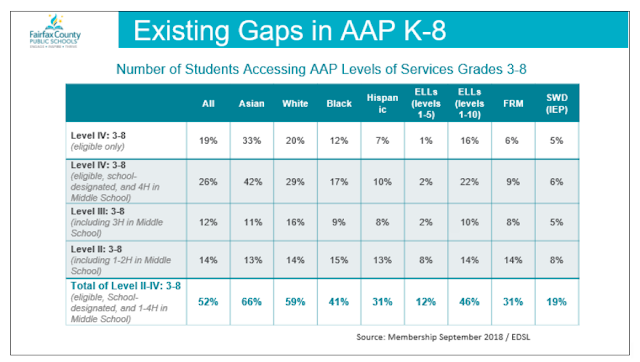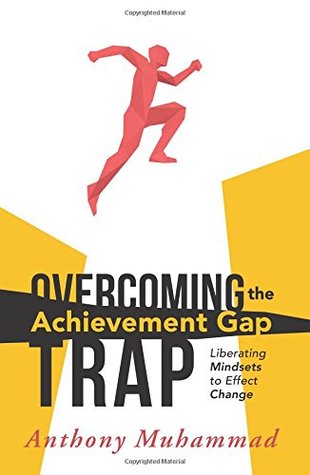Annandale Wants Change

My spouse and I have spent the largest fraction of our lives in this community called Annandale. Last night, my wife help organized a march. In the words of another resident, James Albright: "First protest I have ever known of in Annandale. Hundreds upon hundreds protesting in front of Mason District police station". We did not expect a very large crowd, yet hundreds of families from Annandale came, which actually made social distancing very challenging. It started with a march along Columbia Pike from Barcroft Center to the Mason District Police Station. Inside the parking lot of the police station, people knelt in silence for 8 minutes and 46 seconds, the same amount of time a police officer knelt on George Floyd during his final moments. Afterwards, the people, adults and children, of Annandale spoke up. Names of African Americans brutally killed by the police were read by the son of Ricardy Anderson, Mason District representative to the Fairfax County School Board. ...








